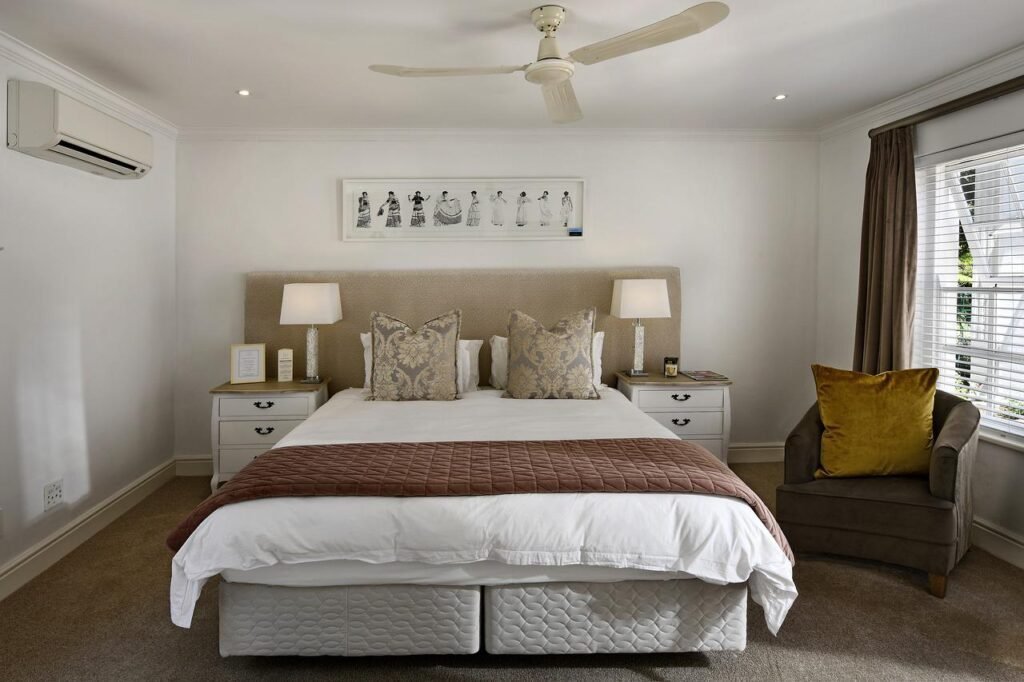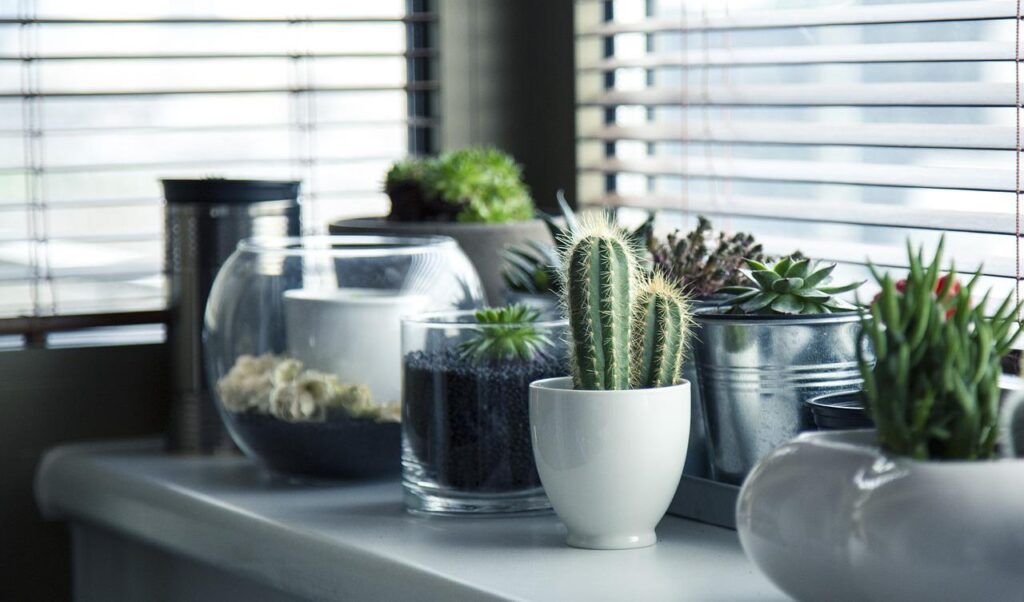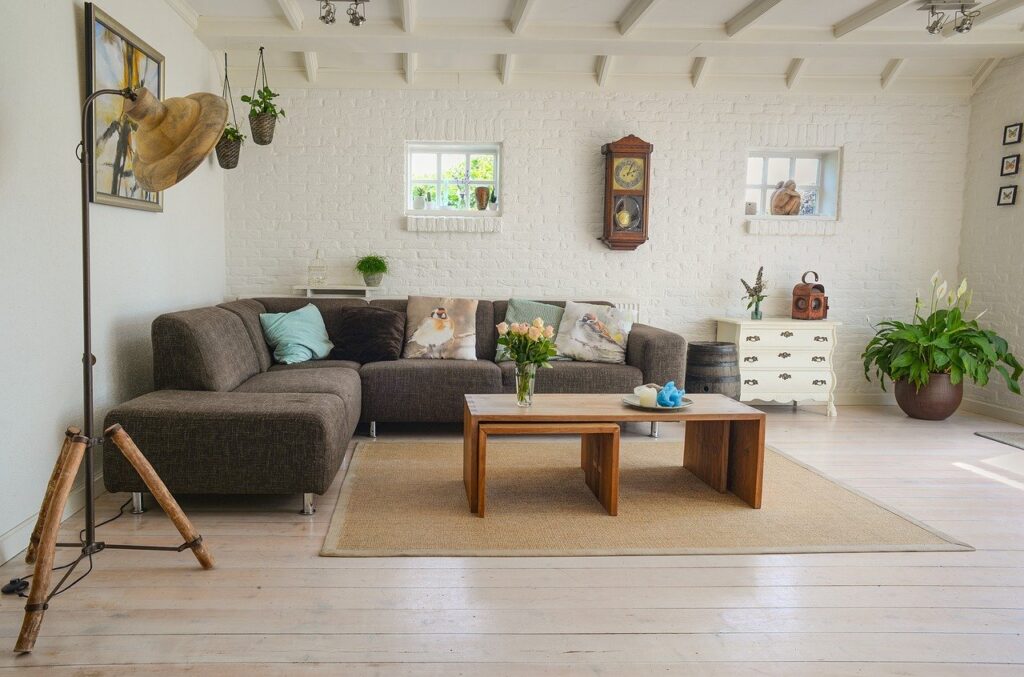If you’re looking to spruce up your bedroom and add a little balance to your life, you might want to give feng shui a try.
Feng shui is an ancient art that originated in China nearly 6,000 years ago. The term feng shui literally means “wind” (feng) and “water” (shui).
The practice involves arranging objects in a room in relation to the flow of natural energy while also using the layout, framework, materials, and colors of a space or building. The idea is that the correct placement of items can bring about happiness, abundance, and harmony.
Keep reading to learn how you can turn your bedroom into a feng shui haven.
Benefits of a feng shui bedroom
Many experts believe that your bedroom is the most important room in your house to apply the feng shui principles. After all, you probably spend the most time in your bedroom.
A feng shui bedroom should be peaceful, relaxing, and balanced. You may also notice you’ll sleep better if objects are organized in a certain way. Some people who practice feng shui also believe that it can lead to better health, luck, and success.
While there are different perspectives on what to include and omit in a feng shui room, most experts embrace the same general concepts.
How to create feng shui in your bedroom
From using colors to placing certain objects in specific areas, there are lots of ways to bring feng shui into your bedroom. Here are some best practices:
Declutter under your bed
It’s best not to store anything under your bed. This allows for energy to flow freely around you while you sleep. If you must store belongings under your bed, only stow soft pillows, blankets, linens, or other sleep-related items.
Buy a headboard
In feng shui, a headboard represents stability and support. Look for a headboard that’s solid wood, without bars or separations in it. Be sure to fasten your headboard securely to your bed.
Position your bed correctly
Place your bed with the headboard against a solid, supporting wall. Be sure it’s positioned as far from your door as possible, but not directly in line with your door.
You want to be able to see your door while you’re in bed, but you don’t want to be aligned with it. The idea is too much energy will flow through the door.
Use pairs
Feng shui experts believe that pairs are harmonizing. If possible, use pairs when placing furniture or other objects. For example, use two nightstands, one on each side of the bed. Ideally, the nightstands should be round with matching lamps on top.
Incorporate the right colors
Feng shui bedroom colors should be calming. As a rule of thumb, use furniture, bedding, and accessories that are neutral color tones. Traditional primary colors, such as reds and blues, are usually not a good choice.
You can incorporate the colors that represent the different elements, but make sure they aren’t too bright or overwhelming.
Use soft lighting
Soft lighting, such as that emitted from table and desk lamps, is ideal for a feng shui bedroom. Also, try to incorporate as much natural light from windows as possible.
Choose inspiring artwork
Hang pictures or artwork of nature, peaceful scenes, or inspirational quotes. The most motivating image should be placed across from your bed so that it’s the first thing you see when you wake up in the morning.
Hire a feng shui expert
If you’re interested in feng shui, you may want to hire a professional who can come to your home and help you properly place your items and decorate your space.
When evaluating your room, feng shui experts may use a tool called a Bagua map that outlines different life areas, or stations, including:
• health
• wealth
• marriage
• fame
These areas correspond to different parts of a living space to help you determine where to place items.
The International Feng Shui Guild offers a directory, so you can easily locate a consultant in your area.
What to avoid in a feng shui bedroom
Some common feng shui no-no’s can disrupt the energy of your room. Here are some things to avoid when creating a feng shui bedroom.
Don’t use mirrors
Mirrors are thought to disturb sleep and make the energy in a bedroom too active. You should especially avoid placing a mirror directly in front of your bed.
If you really want to have a mirror in your room, you can put one inside a closet door or have it face a window.
Avoid placing your bed under ceiling features
Your bed shouldn’t be placed under a ceiling that contains beams, a skylight, a fan, or an angled design. If your ceiling does contain these features, position your bed so that you don’t sleep directly under them.
Get rid of all clutter
Unnecessary clutter can really disturb the energy in your room. Keep all your items organized, and if possible, out of sight.
Remove pictures of water or water features
Water in the bedroom is a feng shui taboo. Avoid hanging pictures of water or placing a water feature, like a fountain, in your bedroom. If you want to incorporate the element of water, it’s best to do this in your bathroom.
No plants or flowers in your bedroom
Plants are thought to contain too much energy for a bedroom. Keep all plants and flowers in other rooms.
Don’t store books in your bedroom
While it’s OK to keep a few books in your room, too many can overpower your space and make it feel like a place of work.
Say goodbye to electronics
TVs, laptops, and smartphones in a bedroom can all disrupt your sleep. They release electromagnetic energy even when they aren’t being used. If you can’t bring yourself to get rid of your phone at night, keep it at least 10 feet away from your bed.
The takeaway
Feng shui is an ancient practice that balances different elements to create a harmonious space.
Incorporating feng shui concepts into the way you arrange and decorate your bedroom may produce a peaceful ambiance and improve your sleep.
Source: https://www.healthline.com/health/feng-shui-bedroom#takeaway



